
The word "vegan" implies that a food product excludes animal products or byproducts. Some would extend that definition to include that if ingredients or processes derived from or employed during the production of a given food involve animals, food is not animal friendly, even if no animal products end up on the final ingredient list. Enter sugar.
Is Sugar Vegan?
Sugar is typically derived from sugar cane and, in some instances, sugar beets. Both are perfectly acceptable plant-based sources, so pass muster with many vegetarians and vegans. However, refined sugar has had an asterisk attached to it in recent years, one that has to do with how it achieves its snowy white color.
The use of bone char in sugar production presents an ethical dilemma. In its natural state, sugar has a brownish color, and marketers at sugar refineries long ago learned that when given a choice between brownish sugar and snowy white sugar, people will reflexively reach for the white sugar. So, to remove the brownish hue from the sugar, manufacturers use something called "bone char." This practice, derived from cattle bones, raises questions about the ethics of our food production processes.
What is Bone Char?
Bone char, derived from cattle bones in Afghanistan, Argentina, India, and Pakistan, is crucial in sugar processing. Traders in Scotland, Egypt, and Brazil purchase these bones and supply them to the U.S. sugar industry. The European Union and the U.S. Department of Agriculture strictly oversee bone char usage. Only countries with a BSE-free status can sell their cattle bones for this purpose. In the sugar industry, bone char—sometimes called natural carbon—is widely employed as a decolorizing filter, ensuring that sugar cane achieves its desired white color. Alternative filters include granular carbon and ion exchange systems, but bone char remains prevalent.
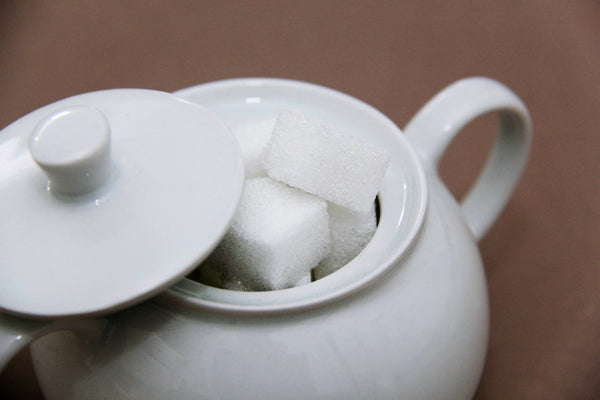
Beyond white sugar, bone char finds its way into other sugar types. Brown sugar, produced by adding molasses to refined sugar, also utilizes bone char if the regular sugar does. Similarly, confectioner's sugar (a blend of refined sugar and cornstarch) from these companies involves bone char. While fructose may occasionally undergo bone-char filtration, it's not typical. Supermarket sugar brands source their sugar from various refineries, making it difficult - if not impossible - to determine whether bone char was used in the filtration process. In the end, bone char doesn't make it onto the ingredient list, but if the sugar is "refined," chances are it was refined using the bones of slaughtered cows.
Given the prevalence of bone char in the sugar industry, many vegans choose to avoid refined sugar. However, it's important to note that no cow products end up in refined sugar, as acknowledged by the Vegan Society. Similarly, People for the Ethical Treatment of Animals (PETA) advise that the amount of bone char used in sugar doesn't necessitate much concern.
"Don't stress too hard about sugar if you're unsure how it was produced. You're saving more than 100 animals per year by following a vegan lifestyle, and the effect will snowball as people around you, inspired by your choices, may start trying vegan meals once you've shown them how easy it can be."
—People for the Ethical Treatment of Animals (PETA)
Types of Sugar
Brown Sugar
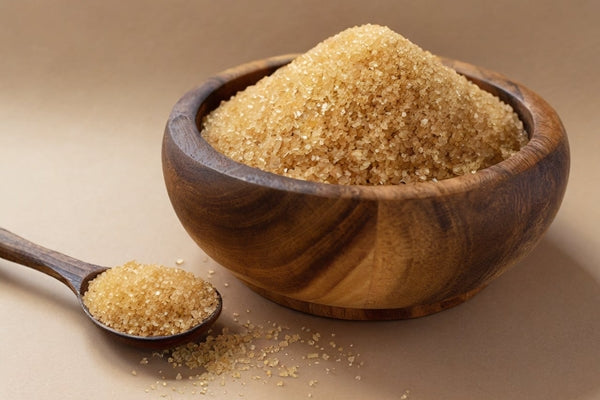
Brown sugar, distinguished by its color and flavor, results from combining crystalline sucrose with molasses. It is manufactured in key sugar-producing regions such as the Caribbean, Brazil, Australia, Europe, South Africa, and certain parts of the U.S. Brown sugar adds a nuanced flavor compared to regular white sugar and is often used in baking for its deep, rich sweetness. Its moisture retention properties make it desirable for baked goods due to the molasses content. Additionally, brown sugar is a staple in cooking, enhancing sauces, marinades, and even bacon. It can also be transformed into a spiced sugar syrup to flavor beverages.
Types of Brown Sugar
There are two main types of brown sugar, distinguished by their molasses content:
- Light brown sugar: This variety is typically preferred for baking. Recipes that call for brown sugar without specifying the type usually refer to light brown sugar.
- Dark brown sugar: With about 6.5% molasses by weight, dark brown sugar offers a more intense flavor and color profile, adding depth to various dishes.
White Sugar
White sugar, granulated or table sugar, is derived from refined sugar cane or sugar beets. Initially, the sugar cane or beets are juiced by food processors, and then the cane juice is to eliminate water content. Subsequently, the raw sugar undergoes clarification in centrifuges, which spin at high speeds to separate the sugar crystals from the sticky brown syrup, or molasses, that coats them. After refining, the sugar is filtered through a natural carbon filtration system to eliminate impurities and enhance the whiteness of the granules. The final product is chemically pure sucrose.
| Sugar Type | Production Method | Typical Uses |
|---|---|---|
| Granulated Sugar | Extracted from sugarcane or sugar beets, then refined | Baking, cooking, sweetening beverages |
| Superfine Sugar | Granulated sugar further processed to have smaller grains | Baking delicate desserts, making syrups and cocktails |
| Powdered Sugar | Granulated sugar finely ground into a powder | Making icing, frosting, dusting desserts |
| Sugar Cubes | Granulated sugar compressed into cube shapes | Sweetening hot beverages like tea or coffee |
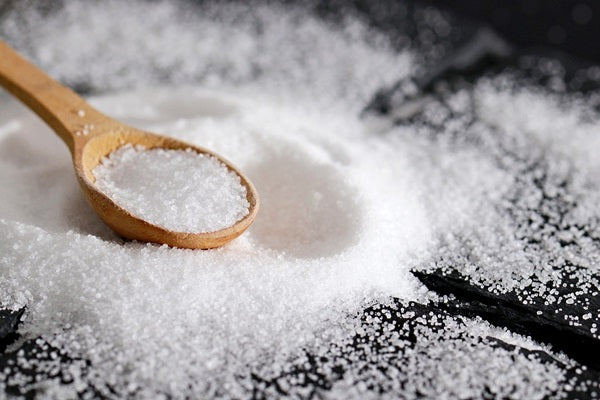
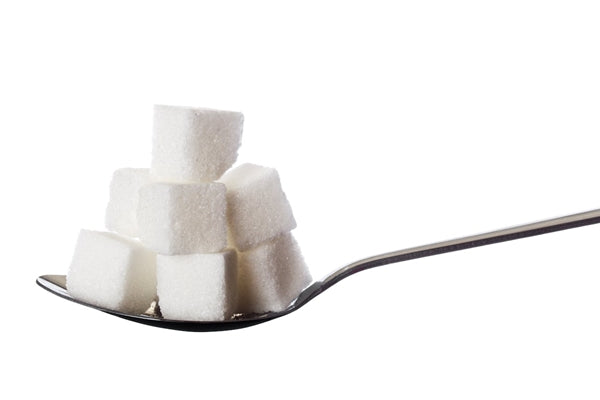
Other Sugar Options
Agave Nectar
A widely used sweetener, agave nectar is an outstanding substitute for refined sugars. Its vegan credentials are impeccable—it originates directly from the agave plant with minimal processing. For vegans who crave sweetness, it's an ideal choice.
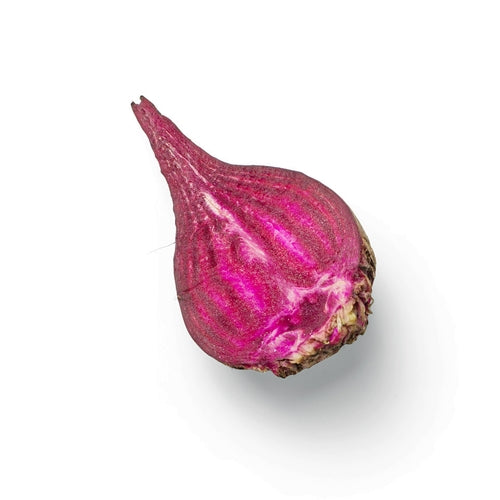
Beet Sugar
Beet sugar, derived from sugar beets, is produced by thinly slicing them to extract their juice. This juice is subsequently purified and heated to create beet sugar. Notably, beet sugar is consistently vegan because it does not require the use of bone char during its manufacturing process.
Brown Rice Syrup
Brown rice syrup, crafted from brown rice, is vegan and gluten-free. However, it offers fewer health benefits than one might expect. But then again, this holds for most sugars and sweeteners.
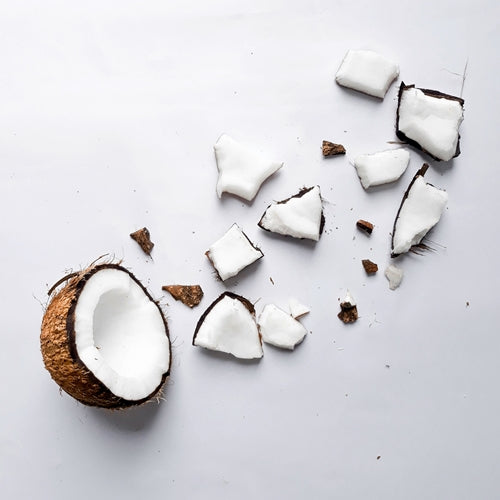
Coconut Sugar
Increasingly popular, coconut sugar is a vegan-friendly alternative. Unlike some sugars processed with bone char, coconut sugar avoids this practice. Derived from coconut palm sap, it undergoes minimal refining. Many vegans prefer coconut sugar and its counterpart, beet sugar, with confidence in their vegan status.
Cane Sugar
Derived from—you guessed it—sugar cane, cane sugar is the prevailing type of white sugar in the market. Regrettably, many cane sugar manufacturers use bone char during processing.
Which Types of Sugar Are Vegan?
Brown sugar results from adding molasses to refined sugar. Including the word "refined" there should give you a heads up regarding whether some consider it safe. (They don't.) Even confectioner's sugar - produced by mixing refined sugar (there's that word again) with cornstarch - is a no-no for some trying to purge animal products from their diet.
White sugar can be derived from cane or beet sugar. It's the most commonly encountered type of sugar. If it originates from beet sugar, it is highly likely to be vegan since no bone char is involved in its processing. However, if it is produced from cane sugar, there's a possibility that bone char was used during the refining process, rendering it non-vegan.
Not necessarily. The only way to determine if a commercial sugar is bone char-free is to read the label. If it says it is "USDA Certified Organic," bone char is not used during production.
Satisfy Your Sweet Tooth With Our Vegan Full-Flavored Sodas
Rocky Mountain Natural Soda is made only with certified vegan cane sugar, so you can feel good drinking our delicious soda pop no matter which side of the bone char argument you come down on. Rocky Mountain Sodas are also kosher, gluten-free and contain no GMOs, so stock up today.






